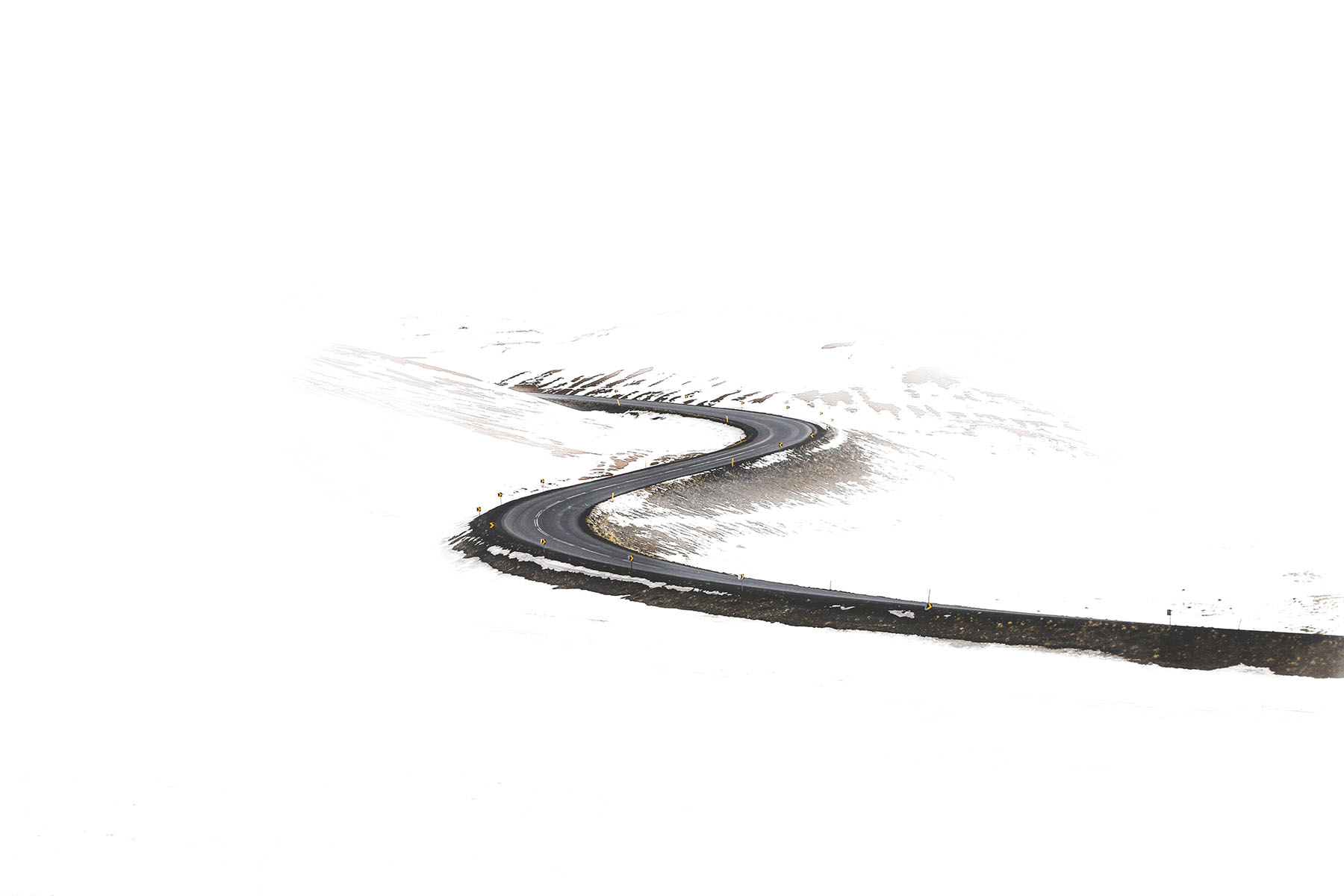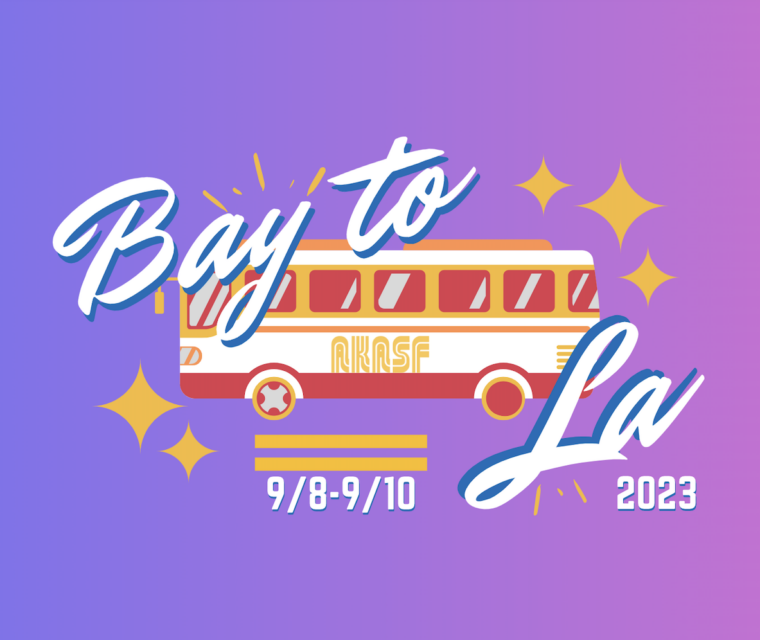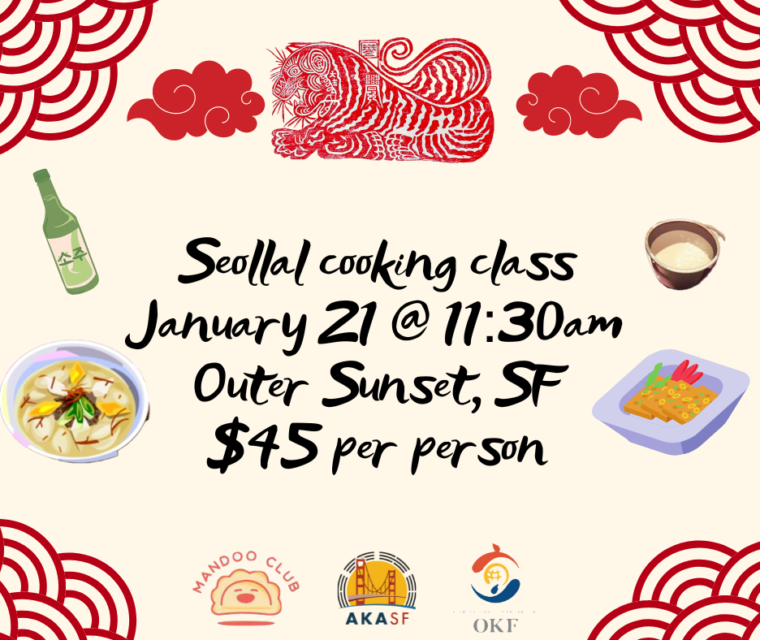
AKA-SF member and author Jessica Sun Lee recently wrote a powerful essay on her personal blog, titled “Adoptee Ego and the Struggle to be Seen.” With her permission, we wanted to share an excerpt with you today (you can read the full version on her site, here):
For many us, our adoption experiences are key components of our identities. Non-adopted people often take pride in their heritage and ancestry. Since so many adoptees lack the information that should be rightfully ours, there’s a tendency to cling to what we have. I’m one of those adoptees. My personal experience with adoption has become as important to my identity as being Korean American.
As a kid, I perceived my adoption as a simple fact, much like birth order among siblings. It came with many more questions, but I was prepared. I’d overheard my adoptive parents speak of my adoption to strangers throughout my whole life. At first, it made me feel special to have a more interesting story than others. I memorized answers without understanding the deeper meaning behind them because I trusted my parents, as I was always implored to do.
Things got more complicated with age. The questions shifted from harmless curiosity to invasive probing, followed by cruel assumptions and jokes. With increased complexity, I grew defensive of my story. Unwilling to let anyone see that their words made me feel less than, I did what I could to prove I belonged—even if I didn’t feel it.
Raised in racial isolation without access to my Korean culture, I did what many adoptees did: I embraced my adoptive family’s identity. I wore green on St. Patrick’s Day with a “Kiss Me, I’m Irish” pin. My favorite food was Italian. I listened to my grandmother’s Scottish pride because her history was supposedly mine. I tried to make sense of their family tree, overwhelmed by how many branches I encountered at weddings and funerals. Still, it was easier to get lost in their connectedness than to recognize what I lacked.
In the fourth or fifth grade, I won an award for gratitude towards being adopted to this country. I read my essay in front of the school before a ceremony, where the flag that swayed outside all year long was folded and presented to me with great honor. At home, I was rewarded for flowery poems about how much I loved my family. Any question of my place in it—or who I might’ve been beyond it—ostracized me. I was sent to my room without discussion.
In my twenties, I was still receiving positive recognition for writing about my wonderful adoption. People loved to hear that I was grateful, how I never felt othered or lonely—and I gave it to them. I’d yet to understand that I needed the applause to drown out the growing awareness inside me.
READ THE FULL ESSAY
Did you enjoy reading this piece?
This year one of our goals at AKA-SF is to highlight our community members voices as much as we can. If you’ve already published content to your own website, or are interested in submitting a blog post for AKA-SF, let us know! All blog post submissions can be sent to blog@aka-sf.org. We want to hear from you!




